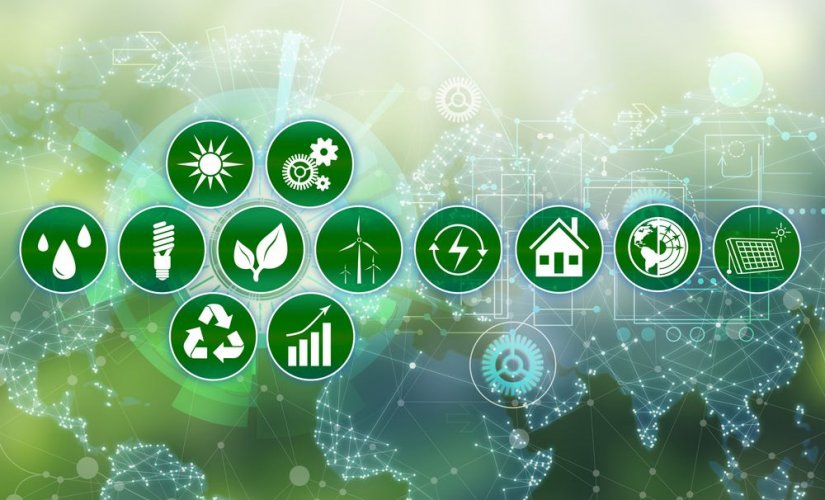Countries around the world must double their energy efficiency progress to meet global climate goals by 2050, according to the International Energy Agency.
Global efficiency gains are key to reducing emissions, especially as global electricity demand rises, Bloomberg. reports.
"The world's climate ambitions depend on our ability to make the global energy system much more efficient," said IEA Executive Director Fatih Birol.
The IEA emphasized that if all lighting in the United States were switched to LED technology, it would save enough energy to power 3 million electric vehicles per year.
It is noted that at the COP28 climate summit, the US and the EU will try to reach an agreement to triple the capacity of renewable energy sources and double energy savings by 2030. Emissions remain insufficient to limit global warming to 1.5°C above pre-industrial levels under the Paris Agreement targets.
The IEA said annual energy efficiency improvements should rise from 2% in 2022 to more than 4% on average by 2030. Global energy intensity improved by only 1.3% in 2023, partly due to a recovery in some energy-intensive sectors and surging demand for air conditioners.
The agency added that doubling energy efficiency improvements could create millions of new jobs in areas such as home retrofits and heat pump installations. It could also reduce global carbon emissions by more than 7 billion tonnes, equivalent to all emissions from the transport sector.
“Energy efficiency measures are already more widespread, and the need for improvement on a global scale masks significant gains at the national level,” the IEA said. “The European Union, for example, is on track to post a 5% improvement this year after reaching 8% in 2022.”
Earlier, EcoPolitic wrote, that the European Commission has promulgated the updated Energy Efficiency Directive 2023/1791, which introduces the “energy efficiency first” principle into energy and non-energy policies.
As EcoPolitic previously reported, the International Energy Agency's 10-year report on global energy efficiency showed that global progress reacvhed 2.2% in 2022, double the average for the previous five years.





